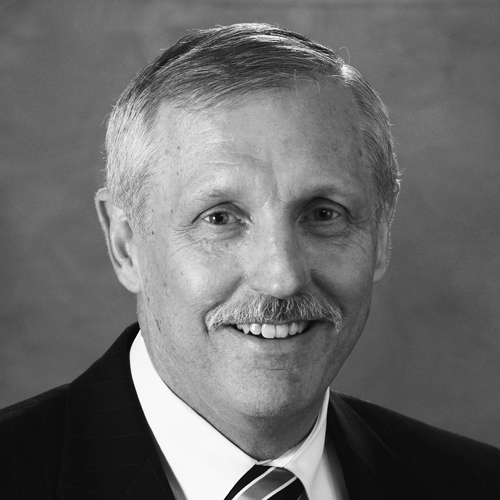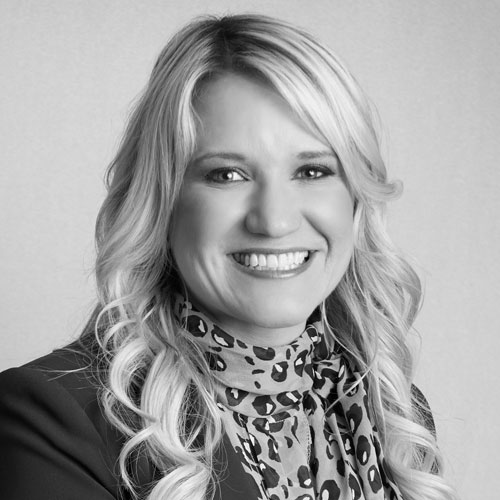As executive director and deputy general counsel at Pacira Pharmaceuticals Inc., Anthony Molloy has a history of stepping up to surprise challenges. In his mind, it’s his background in litigation that has specifically helped him excel at the New Jersey-based company.
Now, Molloy hopes his performance helps change the way corporate hiring managers view applicants with litigation backgrounds.
Molloy says that the fact that Pacira hired him as associate general counsel in December 2013 was good but also lucky. Prior to that, he had served for more than seven years as senior counsel at Patton Boggs LLC, where he focused on litigation, intellectual property, and commercial contracts. While his litigation background was strong, it didn’t necessarily make him a natural fit for the role at Pacira.
“Companies don’t handle litigation internally, and because of that, they tend to shy away from hiring attorneys with litigation backgrounds,” Molloy says. “The thought is that they don’t need them because they hire outside counsel to do the heavy litigating.”
Molloy says that, among all types of lawyers, litigators are better able to quickly and accurately analyze risk. When litigators review a contract, they tend to work backward from the past to the present to see whether a certain term will be difficult to defend in the future.
“A patent lawyer prosecutes and drafts patents,” Molloy explains. “A corporate lawyer specializes in diligence or SEC filings and disclosures. A litigator is different. When you’re working at a law firm, you have all different clients with different litigation needs. As a litigator, you see so many different things that a different type of lawyer might not notice.”
Litigators are accustomed to accepting clients as they get them, which makes litigators highly adaptive to different situations.
Pacira’s Patented Products
Pacira Pharmaceuticals has a number of patents and is continuing clinical trials to continue to grow. However, right now, two pharmaceuticals and one drug delivery technology make up the company’s product line.
DepoFoam
DepoFoam is Parcia’s flagship extended-release multivesicular liposome drug delivery technology. DepoFoam encapsulates drugs without altering their molecular structure.
Exparel
Exparel is a nonopioid analgesic that is useful with patients that opioids pose a potential risk. The local analgesic that uses bupivacaine in combination with DepoFoam.
DepoCyt(e)
DepoCyt(e) is a sustained-released formulation of cytarabine that takes advantage of the company’s DepoFoam technology. It’s used in treatment for lymphomatous meningitis, a complication of lymphoma.
“One day you’re working on an employment litigation; the next day you’re working on class-action, product-
liability litigation,” Molloy says. “You have to be flexible and be able to learn the laws in various industries and apply them to the fact pattern that you’re given.”
Basically, Molloy says, litigators learn very quickly how to be strategic thinkers. That’s a skill Molloy has used consistently since he joined Pacira in 2013—and since he stepped into his current role in July 2015.
“You’re seeing how your decisions fit in with the rest of the company,” he says. “You’re using precedent from the company and the industry to make your decisions.”
Molloy has already hired another former litigator for the Pacira legal team. “It doesn’t show up on a résumé, but if you see that litigation background, you know they can be strategic, measure risk, and see the big picture,” he explains.
Molloy has always had those characteristics, even before he became a litigator. He spent six years as a research chemist before switching into law. Molloy can thank the task of finding a new roommate for the change.
“Someone came to see the apartment, and he happened to be a patent lawyer,” Molloy recalls. “He saw my engineering books, and we talked about the comparable skill sets for patent law.”
The man knew that engineering took the same keen eye for detail and problem-solving skills that mastering patent law did. A few days later, Molloy saw an advertisement for an LSAT review course. He signed up on a whim. “They coach you on how to apply to law school, so I applied, not thinking much about it,” he says. “By the time my first contract class was over, I fell in love with law and knew what I wanted to do.”
Now, he finds that his chemical engineering background is an asset on the job. “If you work at a pharmaceutical manufacturer and don’t understand the lingo and chemistry behind your drug, you’re going to get lost quickly,” he says. “It can be an asset to my business partners when they have a lawyer who understands some of the technology that goes into a product.”
Being in the pharmaceutical business has opened Molloy’s eyes to many new things. Pacira’s flagship product is the non-opioid analgesic Exparel (bupivacaine liposome injectable suspension), which is injected by a clinician during surgery to treat patients’ postsurgical pain. The company’s corporate mission to improve patient care has exposed Molloy to the significant impact of the country’s ongoing opioid epidemic. He says Exparel is currently one of only a handful of nonopioid options available to treat postsurgical pain, which has historically been combated using potent but addictive opioids, such as Percocet.
Molloy admits that he has been surprised before by the facts of how deep the opioid problem really goes. Elderly patients with consistent needs for pain-killing drugs aren’t the only ones getting addicted, so are relatively healthy people in their twenties—and even some high-caliber athletes.
“It’s really been devastating to the whole country,” Molloy says. “When Exparel was approved in 2011, I don’t think the problem had anywhere near the recognition it does now. It’s not something a hospital, surgeon, or newspaper can deny. These drugs are dangerous to patients and society.”
“It doesn’t show up on a résumé, but if you see that litigation background, you know they can be strategic, measure risk, and see the big picture.”
Molloy says Pacira has worked with the American Society for Enhanced Recovery on the Choices Matter campaign to educate patients about their non-opioid options after surgery and encourage them to discuss these alternatives with their doctor. The company has also spearheaded a grassroots movement to get more doctors to prescribe nonopioid pain management solutions. Whether it’s Exparel or another treatment, Molloy says it won’t be easy.
“Anytime you’re changing the status quo, you’ll run into resistance,” he says. “Our drug came on the market in 2012, and now more than two million patients have been treated with it. But opioids are a fraction of the cost, and hospitals are under incredible pricing pressure nowadays.”
If anyone can help Pacira move this initiative forward, it’s Molloy. After all, he was once a litigator, so he’s a strategic problem solver by nature. AHL


